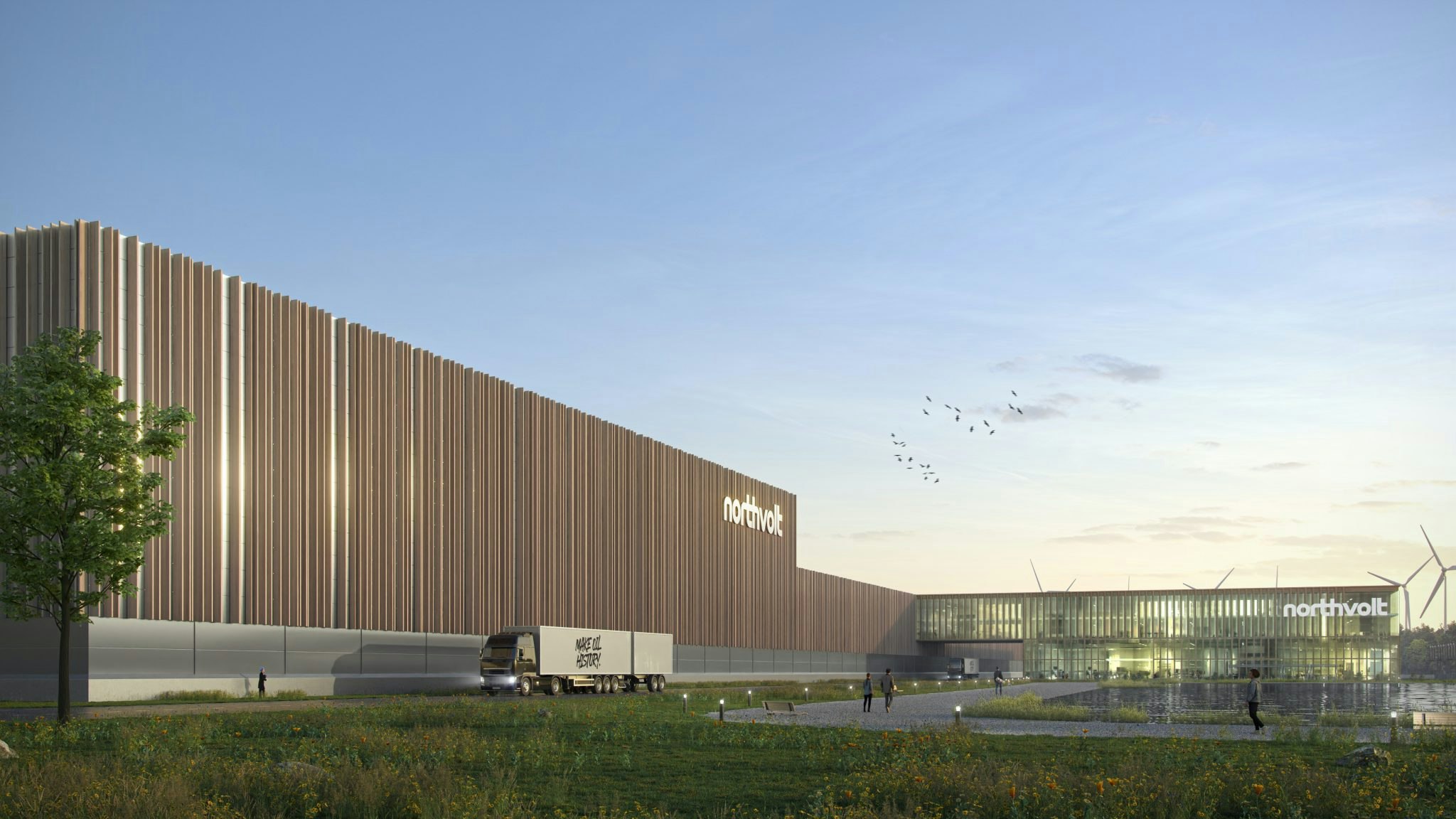As an impact investor, we knew we needed to be at Cop26. Every important global decision-maker was there to discuss the future of our planet.
But something was strange. Everyone was talking about how innovation would be key in providing solutions to climate change. Naturally, venture capital will play a key role in getting those innovations to market.
So we were surprised to find that other than Bill Gates’s Breakthrough Energy Initiative, there were no VC funds on the list of events as keynote speakers. There were no events focused on VC. That was in stark contrast to the strong presence from banks, insurers and major PE firms.
So why weren’t VCs part of the discussion at Cop? And why can’t we allow that to happen again?
VC invests in the companies of the future
One of the key discussion points of Cop26 has been how to reduce emissions. While existing technologies can reduce at least 50% of the emissions needed to reach Paris Agreement’s net-zero target by 2050, the rest will require technological breakthroughs.
It’s great to have things like green energy and compostable materials but if nobody uses them, nothing will change
VC is the first believer in this innovation and plays the critical role of discovering, backing and scaling companies that create innovative solutions to otherwise intractable problems. The financial world can commit big amounts, but if there are no VC funds that take proof of concept to scale it will be impossible to make a change.
Moreover, VCs need to realise their investments fairly quickly, which adds pressure and incentive to accelerate the deployment of technologies. This urgency is exactly what political and business leaders say we need.
VC makes startups green from the word go
But it’s not just about VCs backing innovation. It’s great to have things like green energy and compostable materials but if nobody uses them, nothing will change. And even if corporations are making big claims and commitments, it will potentially take them years to fully “go green”.
On the other hand VC funds, in particular impact funds, invest in companies that either already have sustainability embedded into the supply chain (e.g. aiming for zero waste or choosing renewable energy for production), whether that’s a climate tech startup or a B2B SaaS company. They can influence portfolio companies to embed sustainability from their earliest days, meaning that the Apples and Amazons of tomorrow will be sustainable from day one.
VC has the power to stop financing companies that do not already account for carbon footprint and aim at net zero making it harder for companies that don't think about it to access capital.
VC sustainability funds are small but united
At Cop many industry initiatives were represented but there was no formal representation of the VC industry. It wasn’t for a lack of trying. Future Planet Capital hosted a reception and tried to bring VC investors. 2150 was the only VC sponsor of Tech For Our Planet and some members of VOYAGERS, a community of impact-led peers helping each other, met to discuss how to solve some of today's biggest challenges.
If we are to transform our global economy and billions of lives on this planet, we must be willing to evolve our old ways of thinking
But this was all very informal. We can’t support solving the climate crisis if we go to these events in isolation and we do not have formal moments to discuss and agree on actions.
There’s no excuse for VCs not to be part of the conversation at cross-industry, global events. There are several groups of VC funds in Europe working on ESG, such as VentureESG, but so far they are just focusing on conversations among VC funds. We would have loved to see them organise an event at Cop.
VCs need to make friends with other industries
If we are to transform our global economy and billions of lives on this planet, we must be willing to explore new avenues and evolve our old ways of thinking. VCs must play a leading role in raising the game, speeding up innovation and bringing disruptive ideas to the agenda.
All this happens at the intersection of cooperation between different stakeholders. Cop26 was an unprecedented platform to access information as well as connecting people who want to make a change — a platform VCs should have taken better advantage of.
And by actively participating in international climate negotiations and helping policymakers, the VC world can help create the right mechanisms to attract more investors, looking to put money to work in climate investments.
Cop27 will take place in Egypt next year. Will we see more VCs there delivering the impact we know they are capable of?
Dr Micol Chiesa is investor and head of impact at Five Seasons Ventures. Christian Jølck is a founding partner at VC firm 2150


